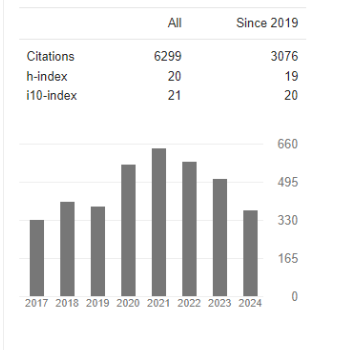Are lead-Points of Intussusception in Nigerian Adults Usually Malignant?
Abstract
Adedoyin Babatunde Ojo, Babatunde Adeteru Ayoade, Adeleke Owolabi Adekoya and Ngozi Peace Adiasor
Background: Intussusception is a more common cause of intestinal obstruction in children than adults. It could be primary or idiopathic in which there is no pathologic lead point or could be secondary when there is an identifiable lesion that serves as a lead point drawing the proximal bowel into the distal segment. These lesions could be benign or malignant.
Methods: A retrospective study of all patients who had surgery for intussusception over a twelve-year period at Olabisi Onabanjo University Teaching Hospital (OOUTH), Nigeria were retrieved and analysed.
Results: Adults accounted for 11% of all cases of intussusception. The mean duration of symptoms was 3.5 (± 1.7) days for children and 10.8 (± 4.2) days for adults. Majority of cases of intussusception in children did not have a lead point and the resected specimen showed lymphoid hyperplasia. The most common lead point in children with secondary intussusception was a Meckel diverticulum.
Conclusion: All adult patients had benign lead-points. We recommend limited bowel resection after reduction as malignancy is a rarity in Nigerian adults with intussusception.




